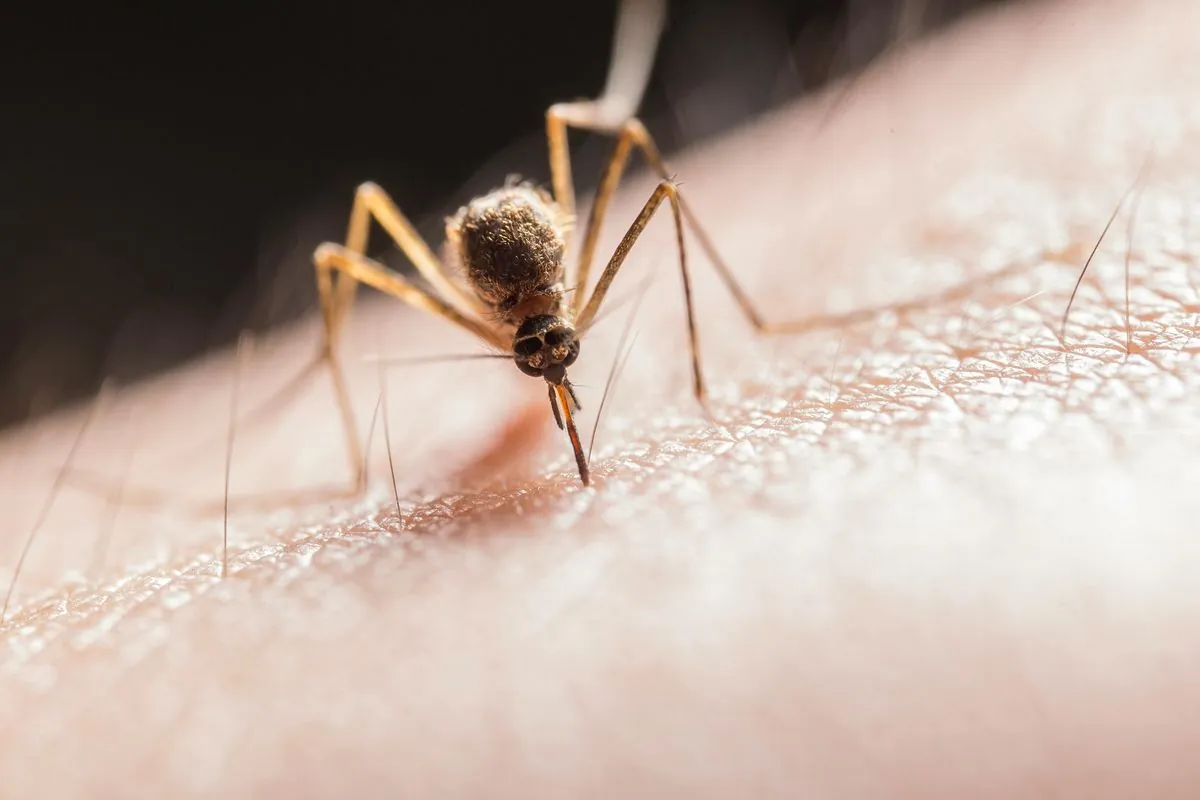In a concerning development, a New Hampshire resident has become the first fatality from Eastern Equine Encephalitis (EEE) in the state, triggering alarm across several US regions. Steven Parry, a 41-year-old medical professional from Hampstead, succumbed to the rare but highly dangerous mosquito-borne virus within a week of infection.
EEE, first isolated in 1933 in New Jersey, is known for its severe impact on human health. With a mortality rate ranging from 30% to 70%, the virus poses a significant threat to those infected. Survivors often face long-term neurological complications, including memory loss and paralysis.
In response to this outbreak, several states have implemented preventive measures. Massachusetts, for instance, has closed public spaces and advised residents to remain indoors from dusk to dawn to minimize exposure to virus-carrying mosquitoes. These actions underscore the seriousness of the situation, especially considering that no specific treatment or vaccine exists for EEE.
The virus, which can cause encephalitis or inflammation of the brain, has an incubation period of 4-10 days. It primarily circulates between Culiseta melanura mosquitoes and birds, with humans and horses considered "dead-end hosts" due to insufficient viral load for further transmission.
EEE's geographic distribution extends beyond the US East Coast, where it's most commonly found. Cases have been reported in Canada, the Caribbean, and Latin America. Climate change may be expanding the range of EEE-carrying mosquitoes, potentially increasing the risk of outbreaks in new areas.
The current surge in EEE cases is likely linked to recent weather patterns, according to experts. This seasonal spike is not unprecedented, but it highlights the need for continued vigilance and mosquito control efforts. Some states have implemented mosquito surveillance programs to monitor EEE virus activity and guide prevention strategies.
"The disease is especially severe in people under five and over 60. Even if it doesn't result in death, it often causes life-changing brain damage."
It's worth noting that EEE is classified as a Category B bioterrorism agent by the CDC, underscoring its potential impact on public health. As the situation evolves, health authorities continue to emphasize the importance of personal protection measures against mosquito bites and community-wide efforts to control mosquito populations.
Concurrently, the US is experiencing an increase in West Nile Fever cases, another mosquito-borne illness, albeit less lethal than EEE. This dual threat emphasizes the need for comprehensive mosquito control strategies and public awareness to mitigate the risk of vector-borne diseases.
